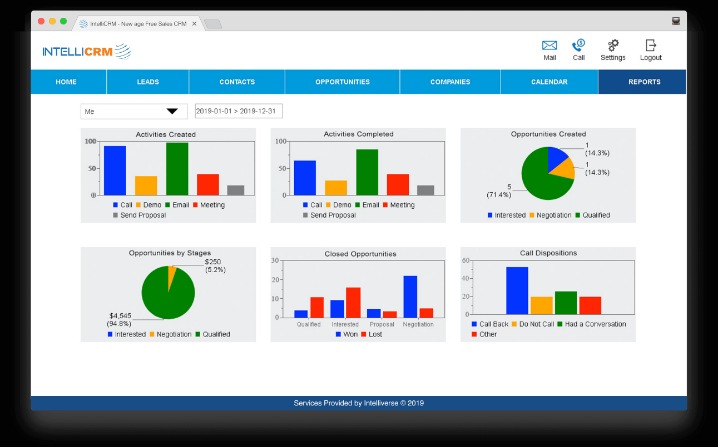As an industry leader in customer relationship management (CRM) software, Salesforce offers a myriad of capabilities and advantages. Nevertheless, it isn’t without its drawbacks. This article explores the salesforce pros and cons, helping you make an informed decision about integrating this powerful tool into your business workflow.
Advantages and Disadvantages of Salesforce
Advantages of Salesforce
The platform brings several notable benefits to the table:
- Customization: Salesforce allows extensive customization options to suit your unique business needs. From custom fields to automated workflows, it’s extremely flexible.
- Scalability: As your business grows, Salesforce can scale along with it. Features and capabilities can be expanded to accommodate increasing data and user needs.
- Integration: It seamlessly integrates with numerous third-party applications such as Slack, Google Workspace, and Microsoft Office 365, making it easier to synchronize various aspects of your business.
- Cloud-Based Access: Being a cloud-based solution, Salesforce enables users to access their CRM from anywhere, providing unparalleled flexibility and mobility.
- Comprehensive Analytics: Salesforce offers robust analytics and reporting tools that help businesses gain valuable insights into customer behavior and sales trends.
Disadvantages of Salesforce
While Salesforce is highly capable, it also has some drawbacks:
- Cost: The platform can be expensive, especially for smaller businesses or startups. Costs can escalate quickly with add-ons and additional features.
- Complexity: Salesforce’s extensive features may be overwhelming for new users. The learning curve can be steep, often requiring dedicated training or the hiring of a Salesforce administrator.
- Customization Time: While customization is a strong suit, it can also be time-consuming and may require technical expertise.
- Over-Reliance on Internet: As a cloud-based solution, reliable internet access is crucial. A poor connection can lead to performance issues.
- Frequent Updates: Regular updates can sometimes introduce changes that disrupt workflow, requiring users to adapt quickly to new functionalities and interface changes.
FAQs About Salesforce
Read more about salesforce advantages and disadvantages here.
1. Is Salesforce suitable for small businesses?
While Salesforce offers robust features that can benefit any size business, the cost and complexity may be prohibitive for smaller enterprises. However, they do offer scaled-down versions of their software tailored for small businesses.
2. Can Salesforce integrate with my current systems?
Yes, one of the key pros of Salesforce is its ability to integrate seamlessly with a wide array of existing business tools, including ERP systems, email marketing solutions, and social media platforms.
3. How steep is the learning curve?
Given its extensive capabilities, there is indeed a learning curve to fully utilize Salesforce. Companies often invest in training or hire Salesforce administrators to maximize their ROI.
4. Are there hidden costs?
While the base price may seem reasonable, additional costs can pile up through add-ons, premium features, and customization requirements.
Weighing the advantages and disadvantages of Salesforce can significantly impact whether it’s the right fit for your business needs. By examining these factors, you can better determine if the benefits outweigh the drawbacks for your specific situation.

